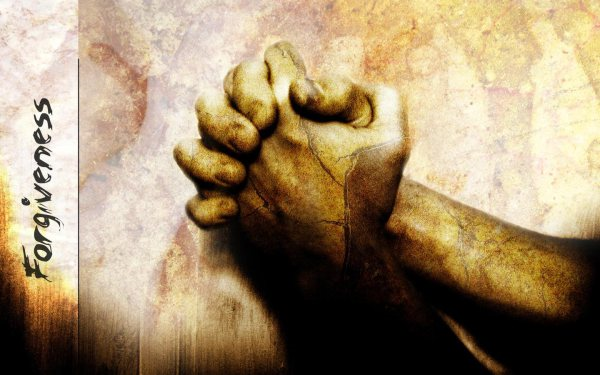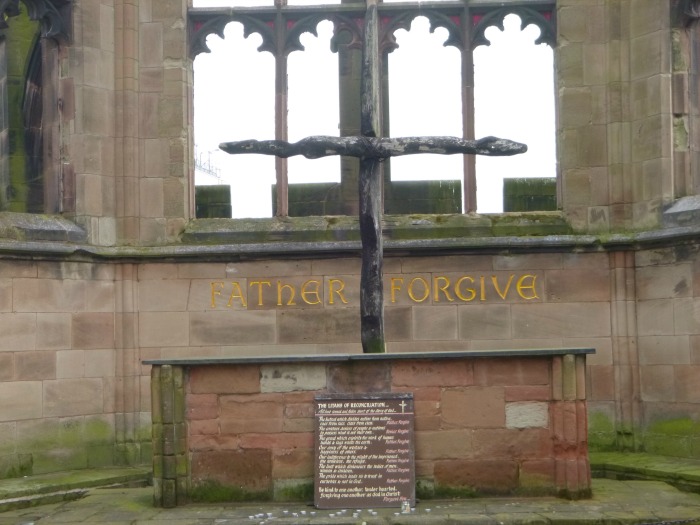These days it is so easy to become numb, hopeless and helpless to the realities we face. We hear daily, or indeed, hourly, reporting of severe crises covering so many aspects of our lives, they even include our survival on the planet, our Mother Earth. Sometimes these crises seem larger than anything humans have ever seen before, at times so overwhelming.
Wherever we look, we see severe anger, frustration, alienation, despair, hopelessness, helplessness, lies, mistrust, injustice, conflicts and wars, terrorism, suicide bombers, killers everywhere.
So, what is there to be done? How can we come out of all these life-destroying crises?
Brexit? Donald Trump? Nationalism? Exceptionalism? Escapism? Populism?
No. I don’t think so! Anger and angry people have never changed the world for better. Here is a solution from ancient Wisdom: We need harmony, peacefulness, contentment, kindness, generosity, sympathy and empathy, which can only come possible by showing loving kindness, which ultimately is guided by forgiveness and reconciliation, mutual understanding, dialogue, acceptance and respect.
Forgiveness and Reconciliation: The Keystones of Human Values

Artist unknown-Photo: michiganpeaceteam.wordpress.com
Compassion and empathy grow from the seeds of understanding.
To develop understanding we need to develop our capacity to reflect...
And to reflect we will need to be able to remember. And to remember we will need to forgive. And to forgive we need to be able to reconcile. Thus, this is the path to transforming conflicts, bringing peace with justice and building a better world: compassion, empathy, reflection, remembrance, forgiveness and reconciliation.
A Fresh Start for 2017
“No matter how dark the night, morning always comes. And our journey begins anew.”- Anonymous
Nelson Mandela offered his philosophy of forgiveness after 27 years in prison. His words hold true for all:
“As I walked out the door toward the gate that would lead to my freedom, I knew if I didn’t leave my bitterness and hatred behind, I’d still be in prison.”
We should declare 2017 as “The Year of Global Forgiveness and Reconciliation”. Out of great crises, humanity has always borne beautiful visions. In 2017 we should all be guided by “Forgiveness and Reconciliation” to build the better world we are all hoping for.
This is why GCGI is calling on everyone to pause, reflect, and make 2017 the Year of Forgiveness and Reconciliation, so that, people, everywhere, become more conscious of the power of forgiveness and more aware of the numerous benefits of living a forgiving life.
There is no doubt in my mind that, as it has been said “The practice of forgiveness is our most important contribution to the healing of the world.”
There are many parts of our world that need healing today. Let us each take the steps of forgiveness that will create progress in this healing. It starts with each and every one of us.
Remember and Forgive. Reconcile and Let go. Move on and take action in the interest of the common good. Let us together create the world we are imagining and hoping for.
Forgiveness and Reconciliation: The Path to Conflict Transformation and Peace building

Coventry Cathedral-Photo: Anne Mofid
“In the past two decades there has been a significant and increasing focus on forgiveness and reconciliation in societies coming out of conflicts and wars. In the previous decades, these concepts were the domain of philosophers and theologians but have become increasingly linked to questions of socio-political transition in post- conflict countries and regions.
Consequently, the concepts of forgiveness and reconciliation have now fallen under the academic microscope, research and investigation, as well teaching.
This was not the case in the 1990s. The academic interest in these topics was in its infancy. Moreover, to the best of my knowledge, there existed no formal academic centre/s at British universities- or elsewhere for that matter- dedicated solely to the study of forgiveness and reconciliation.
Those who have read 'Coventry and I: The story of a boy from Iran who became a man in Coventry' know that things started to change in 1996, when The Centre for the Study of Forgiveness and Reconciliation was co-founded and established at Coventry University”: -Continue to read
